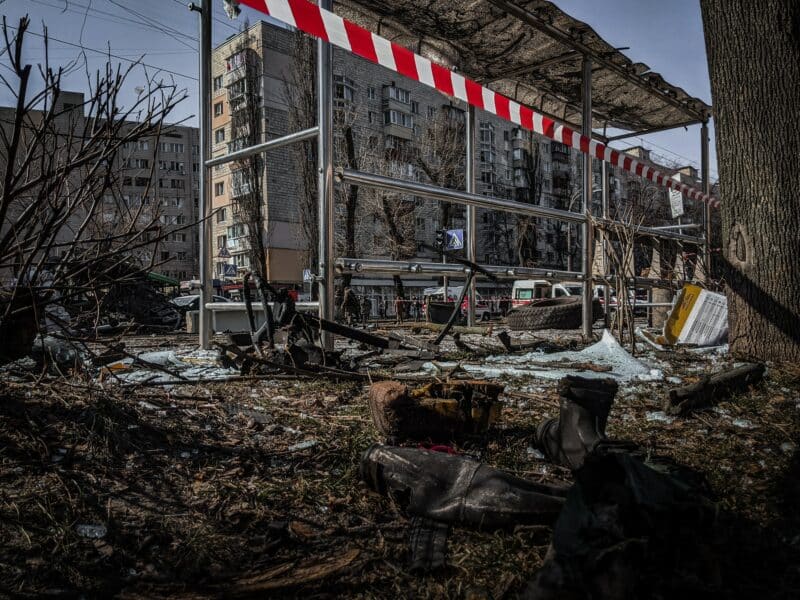The Roma minority in Poland is estimated to number around 30,000 people. However, following the outbreak of war to the east, in Ukraine, this number could have risen to as many as 100,000 due to the influx of refugees. According to the Toward Dialogue Foundation, Roma refugees were not readily welcomed at reception points, and they have faced poverty, social exclusion, and treatment as second-class refugees on top of the trauma caused by Russia’s aggression. Over the past two years, little has changed in this area, prompting the foundation to call on the government and the Ombudsman for Human Rights to address the problems of Roma from Ukraine, particularly in terms of housing, education, and employment opportunities.
Dr. Joanna Talewicz, President of the Toward Dialogue Foundation, reported that it’s difficult to precisely determine the number of Roma from Ukraine who have found refuge in Poland. The only data available from the European Commission as of April 2022 speak to the general number of Roma who left Ukraine. Estimates published by Roma organizations and other NGOs range from 50,000 to 70,000 Roma individuals, which is higher than the number representing the Roma community native to Poland.
EU estimates from 2022 indicate that at least 100,000 Roma fled Ukraine. Before the war, the Roma population there was estimated to be between 200,000 and 400,000. In Poland, 50,000 to 70,000 have found refuge, thereby potentially increasing the size of the Roma minority in Poland to about 100,000. The 2021 National Census by the Polish Central Statistical Office (GUS) showed 11,800 people claiming Roma affiliation, though the Association of Roma in Poland suggests the number is more likely between 25,000 and 30,000.
Recent studies referenced by the Toward Dialogue Foundation show that 72% of Poles do not know a single person from the Roma community. This lack of direct contact feeds into prejudices. Refugees from Ukraine, who often experienced social exclusion and poverty even before the war, carry these burdens with them to Poland. This is compounded by challenges such as a lack of sufficient housing, an unprepared educational system, and prevailing stereotypes and prejudices against the Roma community.
The report by the Toward Dialogue Foundation, “We Are Nowhere: The Situation of Roma Children from Ukraine in Light of Participatory Research,” points out that Roma women and their children are not a group readily accepted at any reception venue, and the level of societal acceptance for supporting them remains significantly lower than for non-Roma Ukrainian citizens fleeing the war. This often translates into restricted access to support in key areas of social life and integration for refugees and migrants—healthcare, housing, the labor market, and education.
As a result, the foundation has appealed to the authorities to take decisive actions to improve the situation of the Ukrainian Roma community. It has sent seven demands to the Polish government, including the creation of a comprehensive support program in collaboration with social organizations, preparation of a housing plan for those currently living in collective accommodation facilities slated for future closure, and the cessation of ethnic segregation at these locations.
The foundation underscores the need for a comprehensive program that addresses various levels of needs. Many Roma still do not know what their future will look like regarding their homes and many reside in collective housing, making securing their housing situation a critical issue. The demands also include ensuring full access to education for Roma children and youth, which is currently often blocked, and actions to reduce prejudices and fight discrimination that Roma refugees continue to experience, especially in the labor market.
